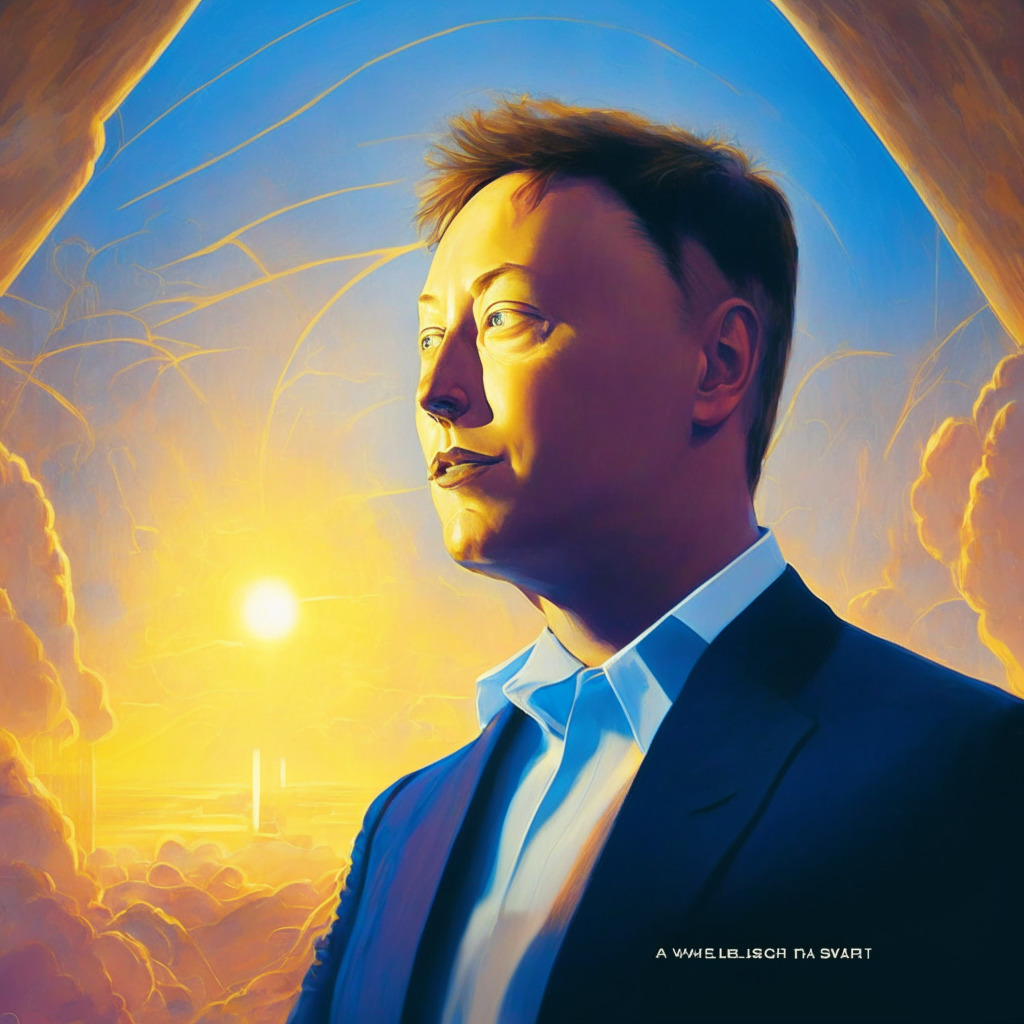As the world of technology continues to advance and dominate various industries, Elon Musk, the CEO of Twitter, recently made a surprising announcement. Musk stated in a May 11th tweet that he intends to transition from his current role as CEO to executive chair and chief technology officer (CTO) of the popular social media platform in roughly six weeks.
According to Musk, this transition comes as part of a plan to bring on a new CEO for the parent company, X Corp. Although the successor’s identity has not yet been revealed, there are whispers that she will replace Musk sometime in late June or early July. Since acquiring Twitter in October 2022 following a staggering $44-billion deal, Musk has been steering the ship.
It’s important to note that Musk’s takeover of Twitter was marked with controversy, as he fired former CEO Parag Agrawal. Despite this, Musk is moving forward with his intention to oversee product, software, and system operations in his new role as executive chair and CTO. Supporters of Musk believe his experience and innovation prowess could be game-changing for the platform, forging new paths in the tech industry and driving the continued growth of Twitter.
On the other hand, skeptics argue that this move might be too disruptive for Twitter’s user base and employees, especially given his strong personality and unconventional management style. The recent firing of Agrawal reflects some of these concerns, further highlighting the uncertainty around Musk’s leadership and potential impact on Twitter.
The impending transition prompts further questions about the future of Twitter and the role of innovative technology in shaping social media platforms. Some posit that the infusion of a tech-savvy leader like Musk could propel Twitter to new heights, helping it to rival competitors like Facebook and Instagram. However, others fear that the volatile nature of Musk’s tenure could yield negative consequences, deterring not only potential investors but also current users.
Additionally, Musk’s move raises concerns about the power structure in large tech companies, which could lead to the rise of centralization, with a few individuals wielding excessive influence over the platform’s trajectory. In an industry that’s arguably built on decentralization and user-friendly access, this shift could potentially upset the balance.
In conclusion, although the magnitude of the impact of Musk’s transition remains to be seen, his new role as executive chair and CTO of Twitter unquestionably sparks a variety of conversations and debates. While some view Musk’s leadership as the necessary catalyst for revolutionizing the social media platform, others foresee potential complications arising from his unconventional approach. Ultimately, the coming weeks will reveal the true extent to which this transition will shape Twitter and the broader tech landscape.
Source: Cointelegraph




